Forging Lubricants is a crucial process in metalworking that involves shaping metal through compressive forces. To ensure the efficiency and quality of forging operations, lubrication plays a vital role. This article delves into the specifics of forging lubricants, the chemicals involved, the nuances of lubrication in cold forging, and the numerous advantages of using lubricants in forging operations.
According to Persistence Market Research, the global forging lubricants market is projected to grow from US$ 759.9 million in 2023 to US$ 1,310.4 million by 2033, with a steady compound annual growth rate (CAGR) of 5.6%. In 2022, sales reached US$ 724.0 million,
Highlighting a strong demand for these lubricants across various metal-forming processes, including warm, hot, and cold forging. Forging lubricants play a crucial role in enhancing productivity and extending tool life, helping to prevent stuck forgings and equipment failures. The historical growth rate from 2017 to 2022 was modest at 0.2%, primarily due to COVID-19’s impact on the automotive sector.
However, recovery is expected, driven by increasing demand from key industries like automotive, aerospace, and construction, particularly in the APAC region. Countries such as India and China are likely to see significant growth due to stricter emissions regulations that favor water-based and graphite-free lubricants for lightweight vehicles. In Europe, Germany is boosting its market through increased R&D investments in forged automotive components, further propelling global demand for forging lubricants.
What is Forging Lubricant?
Forging lubricants are specialized substances applied to the surfaces of tools and workpieces during the forging process. Their primary purpose is to reduce friction between the forging die and the metal, allowing for smoother deformation. By minimizing friction, these lubricants enhance the quality of the forged product and extend the lifespan of the forging dies.

These lubricants can be classified into several categories, including:
⦁ Solid Lubricants: Typically made from materials like graphite, molybdenum disulfide, or PTFE (Polytetrafluoroethylene), these lubricants can withstand high temperatures and pressures. They provide excellent friction reduction and wear protection.
⦁ Liquid Lubricants: Comprising oils and emulsions, liquid lubricants are commonly used in various forging processes. They can be water-soluble or oil-based, depending on the specific requirements of the operation.
⦁ Paste Lubricants: These lubricants provide a thicker coating, which is particularly useful in heavy forging operations. They offer superior adhesion to surfaces and can withstand high pressures.
⦁ Aerosol Lubricants: Available in spray form, aerosol lubricants are easy to apply and provide a thin, even coating on surfaces. They are often used for smaller components or in situations where precision application is required.
Overall, the choice of forging lubricant depends on the specific application, material type, and operational conditions.
What Chemicals Are Used in Forging?
The composition of forging lubricants can vary significantly depending on their intended use. Common chemicals found in forging lubricants include:
⦁ Mineral Oils: These are widely used in liquid lubricants, providing good lubrication properties and thermal stability. Additives may be included to enhance performance.
⦁ Fatty Acids: Often derived from natural oils, fatty acids help improve the wetting properties of lubricants and can act as corrosion inhibitors.
⦁ Esters: Synthetic esters are frequently used for their excellent lubrication properties, high-temperature stability, and biodegradability.
⦁ Graphite and Molybdenum Disulfide: These solid lubricants provide high-performance friction reduction, especially in extreme conditions.
⦁ Additives: Various additives, such as anti-wear agents, extreme pressure (EP) additives, and emulsifiers, are incorporated into lubricants to enhance their performance under specific conditions.
The selection of chemicals is critical, as it directly influences the effectiveness of the lubricant in minimizing friction, reducing wear, and preventing overheating during the forging process.
What is Lubrication in Cold Forging?
Cold forging is a specific method where metal is shaped at room temperature or slightly above, typically below the metal’s recrystallization temperature. In this process, lubrication is essential to reduce friction and heat generation during deformation.
Lubrication in cold forging serves several functions:
⦁ Friction Reduction: Effective lubricants reduce friction between the workpiece and the die, allowing for smoother material flow and easier shaping.
⦁ Heat Dissipation: Cold forging generates significant heat due to the plastic deformation of metals. Lubricants help dissipate this heat, preventing overheating and maintaining the integrity of both the metal and the die.
⦁ Surface Finish Improvement: Proper lubrication results in a better surface finish on the forged components. A smooth die surface reduces the likelihood of defects, such as scratches or surface imperfections.
⦁ Die Life Extension: Lubrication minimizes wear and tear on the forging dies, extending their operational life and reducing the frequency of replacements.
⦁ Increased Productivity: With reduced friction and better heat management, lubrication enhances the overall efficiency of cold forging operations, leading to increased productivity.
Different types of lubricants are suited for cold forging applications, including water-based emulsions, oil-based fluids, and solid lubricants, depending on the specific material being forged and the operational conditions.
What Are the Advantages of Using a Lubricant in Forging Operations?
The use of lubricants in forging operations brings several advantages that contribute to improved efficiency, cost savings, and product quality:
⦁ Enhanced Product Quality: Lubricants minimize friction, leading to a better surface finish on forged parts. This reduction in surface defects is crucial for applications requiring precision and high-quality standards.
⦁ Reduced Wear on Tools: Forging dies and tools experience significant wear due to friction and heat. Lubricants create a protective layer that reduces wear, thus prolonging the lifespan of these tools.
⦁ Improved Energy Efficiency: With reduced friction, less energy is required to perform the forging operation. This not only decreases operational costs but also contributes to a more sustainable manufacturing process.
⦁ Higher Production Rates: Effective lubrication allows for faster and more efficient forging processes, leading to increased production rates and reduced cycle times.
⦁ Lower Risk of Failures: Lubrication minimizes the risk of component failure due to overheating or excessive wear, leading to more reliable production processes.
⦁ Versatility: The wide range of lubricants available enables manufacturers to select specific formulations tailored to their unique forging processes and materials, further enhancing efficiency.
⦁ Environmental Considerations: Many modern lubricants are formulated to be more environmentally friendly, reducing the ecological impact of metalworking operations.
In conclusion, the importance of forging lubricants cannot be overstated in the metalworking industry.
From reducing friction and wear to improving product quality and extending the lifespan of tools, the advantages of using lubricants in forging operations are clear.
By understanding the various types of lubricants, the chemicals involved, and their applications in cold forging, manufacturers can optimize their processes and achieve better results. Investing in quality forging lubricants not only enhances operational efficiency but also contributes to the overall success and sustainability of metalworking enterprises.



